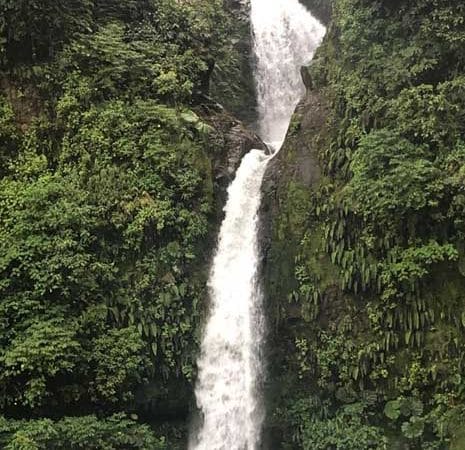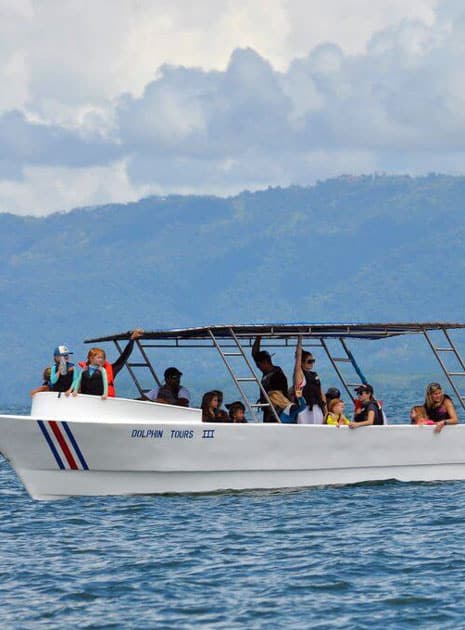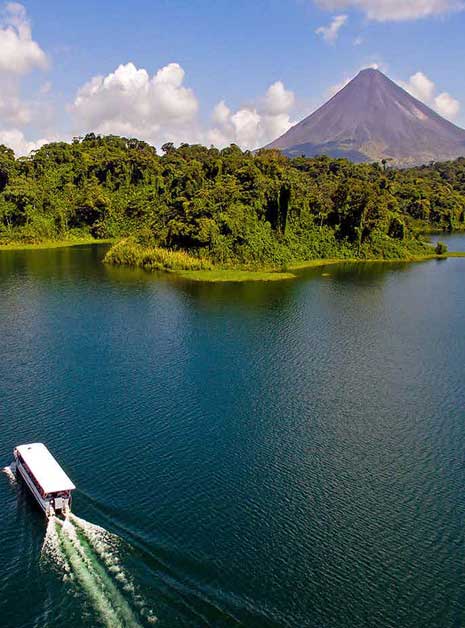General information about Costa Rica.
Costa Rica was discovered by Christopher Columbus in 1502 on his fourth voyage. He found some indigenous reserves, such as the Chorotegas, Bruncas and Huetares. It is believed that the Spaniard, gave him the name of Costa Rica, because he thought he had huge gold mines hidden in the mountains. These days, it is said that the name is given because of the amazing natural resources found in this small country.
Costa Rica’s democracy has evolved for over 100 years. It is one of the oldest democracies in Latin America. President and deputies are elected every four years. After the War of 1948, the government decided to abolish the army, and create institutions, many in charge of ensuring the benefits of Costa Ricans.
Geographic Boundaries
- North – Nicaragua
- South – Panamá
- West – Ocean Pacific
- East – Caribbean
Provinces
- San Jose – Capital
- Alajuela, Heredia y Cartago – capital sorroundings
- Guanacaste, Limon y Puntarenas – located in coastal areas
Population
Population: 5 million approximately
Education: Public education is free and compulsory.
Lat/Long: 9°56’N / 84°05’W
Currency: Costa Rican Colon (CRC)
Languages: Spanish
Dial Codes: +506
Official Language: Spanish
Time Zone Standard time zone: UTC/GMT -6 hours
Hours Ahead of PST Time.
See current local time: https://www.timeanddate.com/worldclock/costa-rica
Climate
Dry Season
From mid-December to end of April
Sunshine during the day and light showers in afternoons (20% chance of rain in the rainforest and mountains).
Forecast
Rainy Season
From May to mid-December
Sunshine during the day and strong showers in afternoons (sometimes the rainis all day).


Traveler Information
Tips for a Safe and Pleasant Trip

